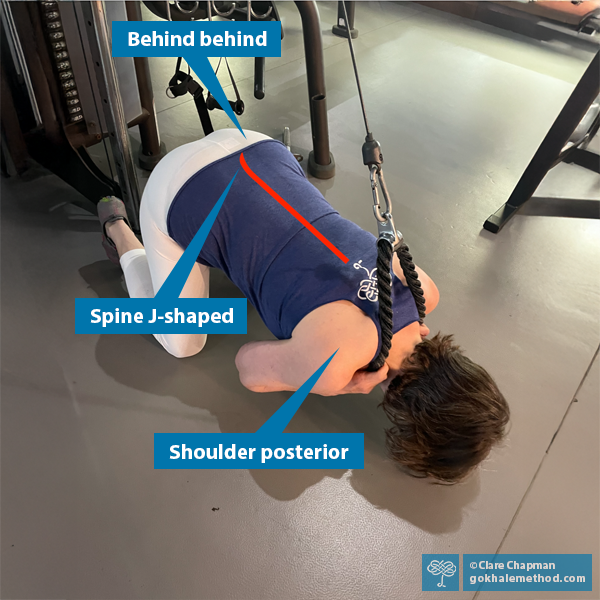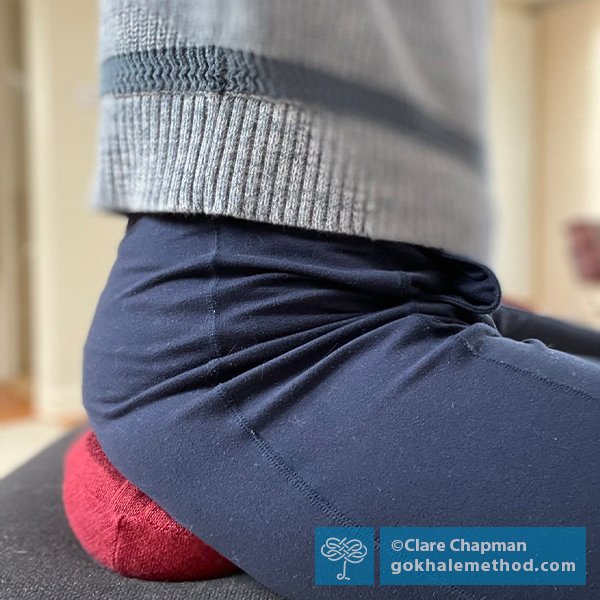People often come to the Gokhale Method® when they suddenly can’t enjoy what they love to do. Their days playing golf, sailing, dancing, hiking, or simply playing with their children or grandchildren, are threatened. Life becomes an obstacle course of injuries, pain, and rehab. Their body is no longer a comfortable home where they feel good and self-confident.
Getting Upright Sitting “Just Right”
Some things in life want to be “just right.”. There is a popular fairytale about the importance of this—the story of Goldilocks and the Three Bears. The most well-known version features a young girl with golden hair who wanders into the woods and finds a house with no one home. It belongs to Papa, Mama, and Baby bear. The story goes that Goldilocks


